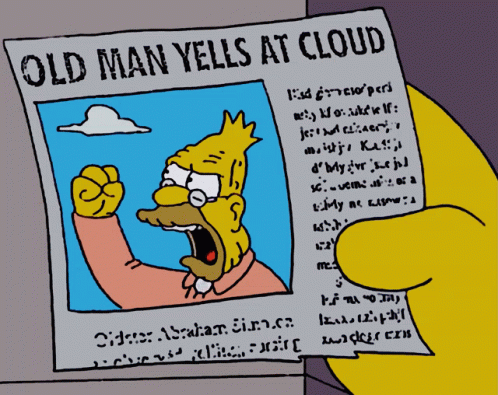For instance, if you voice your thoughts in the middle of a crowd but are muffled by invisible architects, can you truly claim to still possess freedom of speech?
#censorshipquoting
naddr1qv…a5npAfter Elon Musk’s acquisition of Twitter (now X) in autumn 2022, there has been plenty of turmoil surrounding the platform. For instance, some groups were upset after the team responsible for “moderation” has been shut down. Instead of limiting freedom of speech, X primarily limits users ability to reach others. (”Freedom of speech does not mean freedom of reach”). Even so, some argue that the platform falls short in ensuring a respectable tone and combating the spread of disinformation (intentional spread of false information) as well as misinformation (false or inaccurate information that is unintentionally spread).
In Sweden, Anne Ramberg, former secretary general of the Swedish Bar Association and chairman of Expo Foundation, recently left the platform, citing that “moderate and analytical voices” are mocked or targeted there. She forgot to mention that she once compared a member of parliament to a “brown rat”. So much for ensuring a “respectable ton”.
EU’s digital commissioner Thierry Breton is also dissatisfied. Earlier in August he threatened Musk with using all of the Commission’s toolbox (primarily hefty fines) unless Musk complied. Breton forgot to mention that he himself earlier misled the EU public about digital IDs. That his letter was published without the commission’s approval, which means it must have constituted “mis- or disinformation” is also noteworthy.
Whereas people such as Breton and Ramberg seem to argue X is not moderating enough (removal of damaging or improper content), others perceive X is censoring too much, as in suppressing speech for political or other reasons.
“Freedom of reach” is a fairly new concept. It refers to how far content spreads on digital platforms. While you can say (almost) whatever you want on X, it’s a different matter how far your message will reach. This can be compared to how you can get a rock to skip across water: instead of the pebble bouncing several times and creating ripples on the pond, your pebble can be made to sink straight away. When invisible digital architects - algorithms - have the last word (as is the case today), it can mean that few - or no one at all - will receive your message, regardless of how effective and truthful it is.
X is likely best in class among major centralised platforms in terms of standing up for the freedom of speech, a freedom that forms the cornerstone of liberal societies. For instance, John Stuart Mill warned in one of liberalism’s most central works On Liberty of “silencing the expression of an opinion is (…) robbing the human race”.
“Merely” limiting the freedom of reach is however far from unproblematic.
A well-known philosophical thought experiment is the question, “If a tree falls in the forest and no one is there, does it still make a sound?” Translated to social media, and X in particular; if you speak in the middle of a crowd but nobody hears you, do you really still have freedom of speech?
